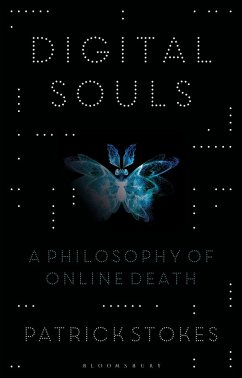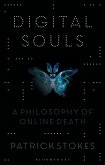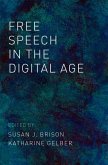Social media is full of dead people. Nobody knows precisely how many Facebook profiles belong to dead users but in 2012 the figure was estimated at 30 million. What do we do with all these digital souls? Can we simply delete them, or do they have a right to persist? Philosophers have been almost entirely silent on the topic, despite their perennial focus on death as a unique dimension of human existence. Until now.
Drawing on ongoing philosophical debates, Digital Souls claims that the digital dead are objects that should be treated with loving regard and that we have a moral duty towards. Modern technology helps them to persist in various ways, while also making them vulnerable to new forms of exploitation and abuse. This provocative book explores a range of questions about the nature of death, identity, grief, the moral status of digital remains and the threat posed by AI-driven avatars of dead people. In the digital era, it seems we must all re-learn how to live with the dead.
Drawing on ongoing philosophical debates, Digital Souls claims that the digital dead are objects that should be treated with loving regard and that we have a moral duty towards. Modern technology helps them to persist in various ways, while also making them vulnerable to new forms of exploitation and abuse. This provocative book explores a range of questions about the nature of death, identity, grief, the moral status of digital remains and the threat posed by AI-driven avatars of dead people. In the digital era, it seems we must all re-learn how to live with the dead.









